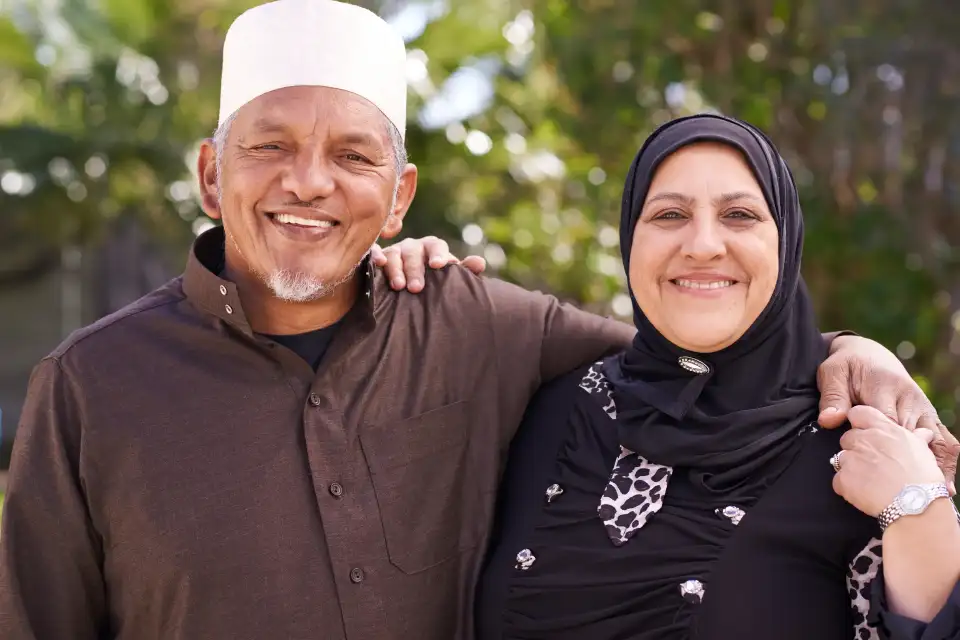The following information has been provided as part of COTA NSW’s Information Hubs established in the community. The information is intended as a guide only and should not be considered as advice. As with all matters of this kind, people need to seek and obtain relevant advice before taking any action.
Accessing Care
“I care for my wife at home and whilst my daughter helps out, I just need some help from time to time”
Basic Support
“I live at home and whilst I don’t need care, but I could do with some general help. What are my options?”
Complex Support
“I live at home but my husband is frail and I’m really concerned about my ability to look after him”
Residential Care
“I don’t know what it costs to move into permanent care, and don’t want to make a mistake”
Employment
“I still want to work, but don’t know the best way to approach looking for work”
Driving
In NSW, when a person reaches 75 years of age, they are required to have a medical assessment every year to keep their licence.
Early Signs of Dementia
“He keeps on forgetting . Then he is getting really irritated. It’s just not like him.”
Living with Hoarding Disorder
“There is so many things everywhere there is no way to enter the house, use the bathroom or kitchen. Everyday there are more things everywhere.”
Retirement Living
The various forms of occupation or ownership rights of retirement villages are referred to as ‘tenure’. The legal forms of tenure for buying into retirement villages are:
End of Life Planning
An Advance Care Directive is a record of your wishes that informs people in advance what health care treatments you’d like to have, or refuse, if you’re unable to make such decisions.
Planning Ahead
“I have a Will but have heard there are other things that I should have in place before I die”
Planning Ahead 2
“I don’t know why I need to have an (enduring) Power of Attorney and an Enduring Guardian”
Voluntary Assisted Dying
Voluntary assisted dying means an eligible person can ask for medical help to end their life. The person must be in the late stages of an advanced disease, illness or medical condition. They must also be experiencing pain and suffering they find unbearable.
